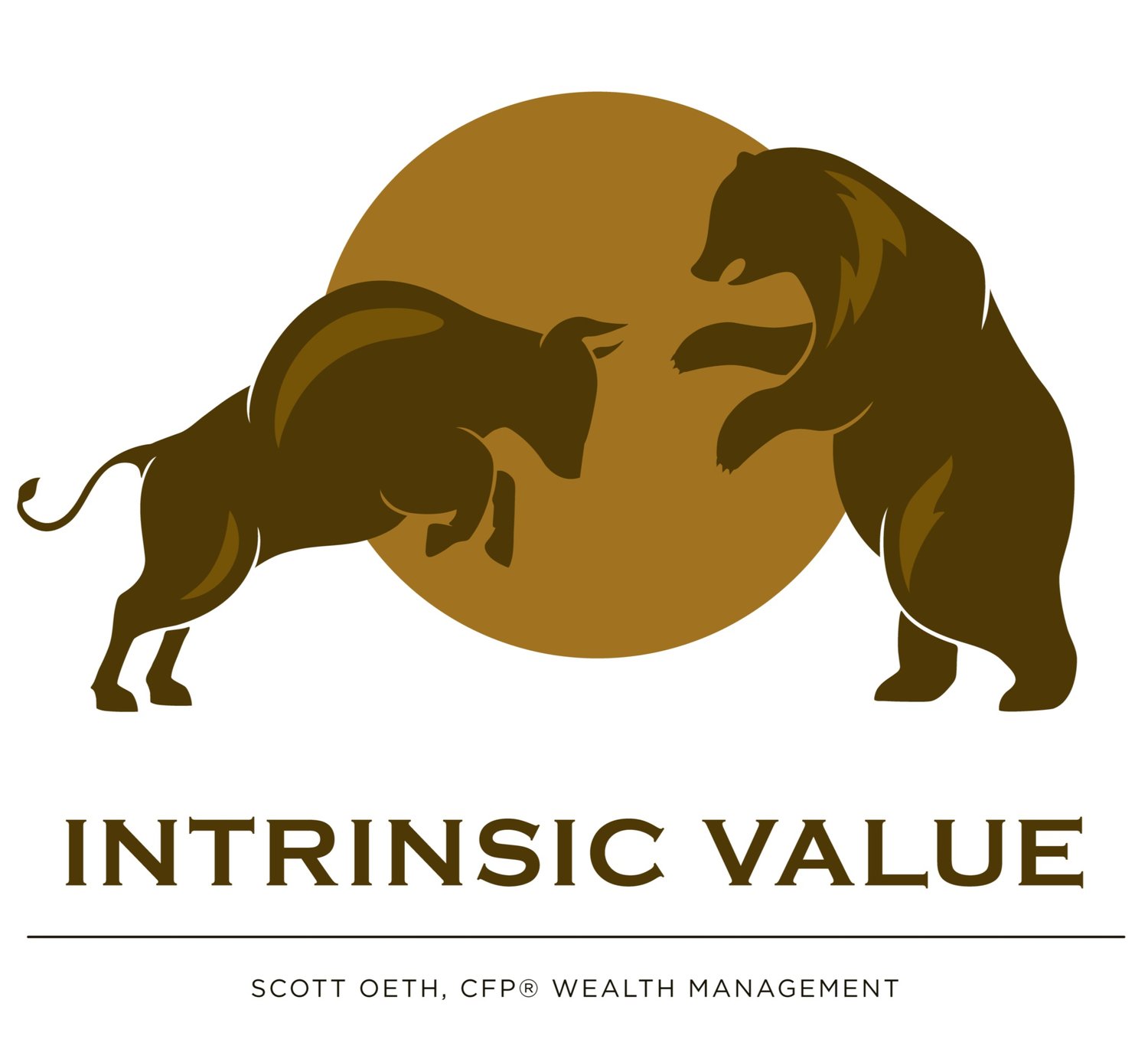Market Volatility Fatigue
(The following is an excerpt from a letter I sent to my financial advisory clients on 11-9-2011.)
The past few months have been marked by extreme volatility in the financial markets. I recently heard Nick Murray, a long-time financial services commentator, use the term “volatility fatigue” to describe how investors grow weary of being subjected to the daily whip-saw of market actions. I think this is quite fitting. Despite genuine market and economic concerns, it often seems the markets are ruled more by emotions than logic. Watching dollars rush into and out of securities on a daily basis, one often wonders, “what is truly driving these flows?”
A recent report by the Reuters news service, "The Madness of Wall Street," (see the full report at the bottom of the page) offers insight into these gyrations. It describes a "bipolar market" made up of short-term traders who are constantly trying to guess how daily events might affect other market participants’ behavior, rather than buying based on what they perceive to be the actual value of company shares. Some investors are using high-frequency trading algorithms that react to headlines and overall market trading patterns, which exaggerate every trend on the upside and downside. The article notes that during the week of August 8, high-frequency trading strategies accounted for 65% of the daily trading volume in the U.S. When faced on a day-to-day basis, this activity can wear down anyone’s tolerance for market volatility.
“Fatigue makes cowards of us all.”
Vince Lombardi. One of the greatest football coaches and motivational speakers of all time.
Last month, I had the pleasure of meeting with Todger Anderson, the President of Denver Investments. He offered this perspective in a recent letter: “During my forty-plus years in the investment industry, I’ve seen bull markets, bear markets, recessions, inflation, stagflation and more. I’ve also observed investors’ reactions to these market and economic conditions and have learned that overreacting to the seemingly endless flow of financial and economic news can be costly… In my experience, successful long-term investors avoid selling in down markets on bad economic news. They typically have a long-term investment plan, stick to it and maintain a diversified portfolio. This long-term plan includes periodic review, but generally remains consistent even in the face of extreme market volatility. Importantly, it also usually includes a diversified portfolio of equities, fixed income and short-term investments to attempt to moderate risk.”
I find it quite instructive how consistent successful long-term investors are in their advice. When volatility is starting to wear you out and shaking your confidence in the markets, there is a wealth of wisdom and coaching to be derived from veterans like Todger. My expectation is that the current debt panic will be one of many events in history where short-term traders suffer and long-term investors are rewarded.
Sincerely,
Scott D. Oeth, CFP®, MSFS








